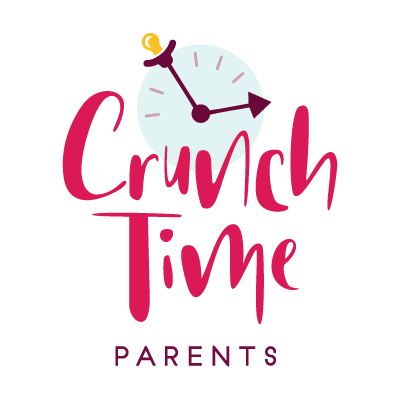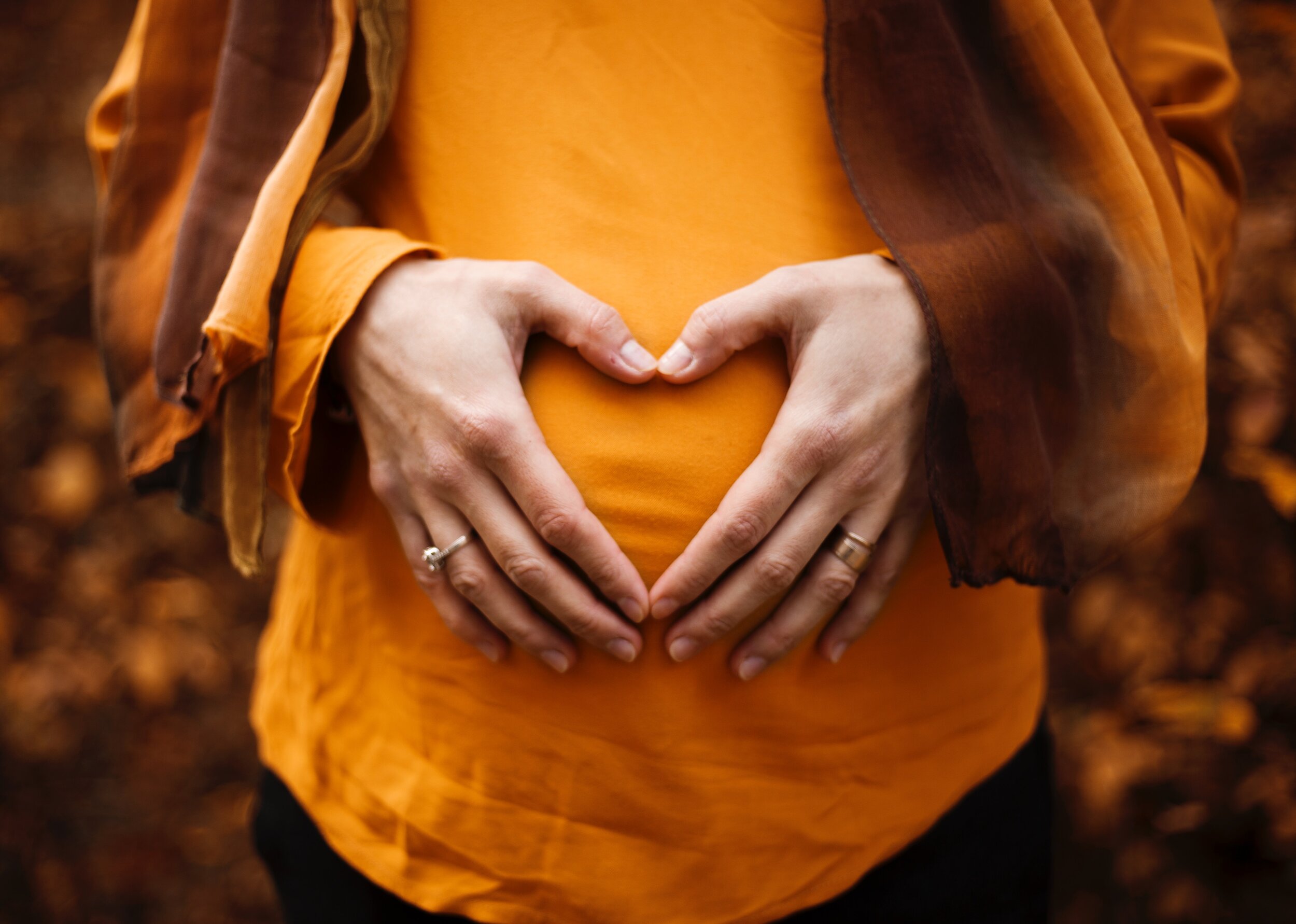The Complex Math of Egg-Freezing Just Got Easier
/Planning to freeze your eggs? Trying to figure out how many eggs you should freeze, how your age factors into the equation, and what you can actually afford usually means grappling with a series of complex math problems. But the numbers just got a lot simpler.
Joseph Doyle, M.D. recently did the math for the journal Fertility and Sterility, as noted in a recent article in Pregnantish, a site devoted to fertility and infertility issues. Doyle, who works with the Shady Grove Fertility clinics, suggests this formula: Women ages 38-40 should freeze 30 eggs, to get a roughly 75 percent chance of having one baby. For women 41-42, banking 30 eggs means a 50 percent chance of a baby. Women under 37 can freeze 20 eggs for an 80-85 percent chance.
The process is expensive and typically not covered by insurance, but rates are going down in an increasingly competitive market: Instead of costing around $12,000-plus for a cycle that might net 6-12 eggs or fewer, new programs like Extend Fertility in New York City charge less than $5000 for up to 12 eggs. Shady Grove's $12,500 price tag is for 20 eggs, and covers multiple cycles.
Those prices are still high, and the simpler math doesn't necessarily make the decision to freeze or not to freeze any easier—especially when two fertility clinics recently made national headlines, within days of each other, for equipment malfunctions that damaged thousands of frozen eggs. But more fertility clinics nationwide, more health professionals on the case, more competition, and more oversight will hopefully lead to more affordable, high-quality options for women, and better outcomes all around.
Photo by Jenna Norman via Unsplash.



















